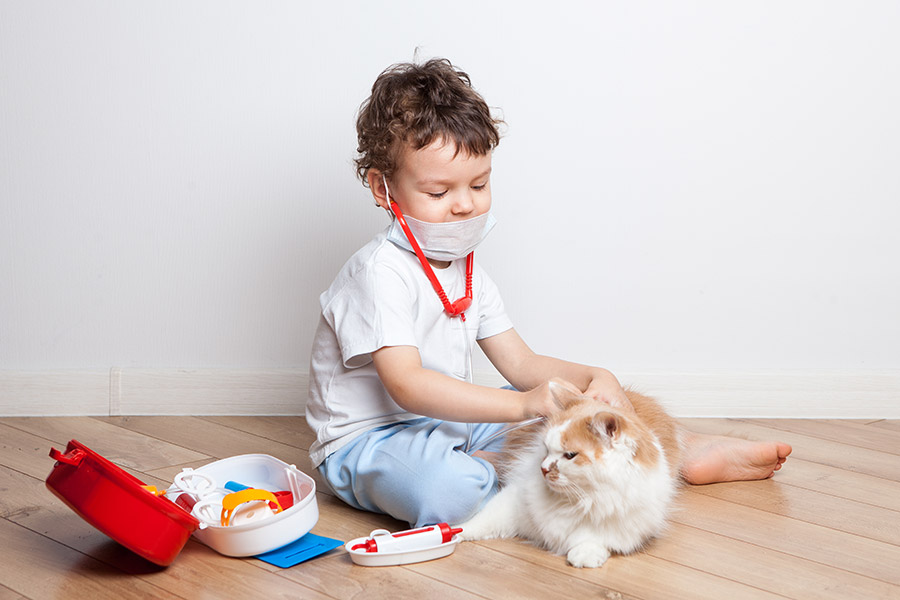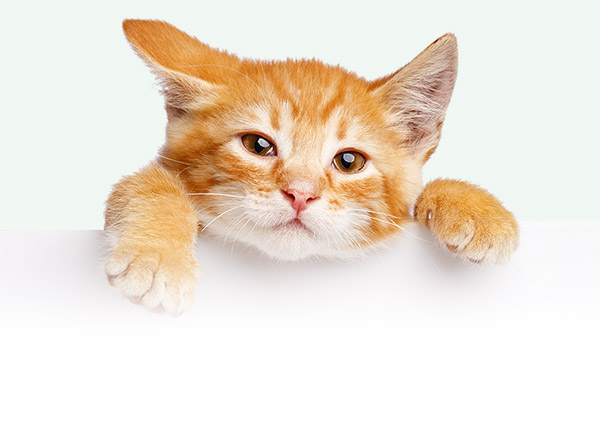Common Surgical Procedures
Your pet’s veterinarian will perform their procedure with a dedicated and trained technicians to oversee and chart your animal’s progress while under anesthesia. Every animal is examined by the doctor prior to start of the procedure on the day of surgery. The surgeon then customizes an anesthetic and pain management protocol depending on your pet’s special needs. We utilize safe and modern pain management for your cats and dogs. Vitals are monitored closely while your pet is under anesthesia. In addition, pets receive a IV catheter and intravenous fluids throughout their surgery to stabilize blood pressure and give us immediate access to their circulatory system in case of a problem during anesthesia. Fluids also helps to flush the anesthetic through their system and leads to a faster and smoother recovery after their procedure. We continue to monitor your pet while they recover from anesthesia until they are ready to go home with you! Here are some examples of common veterinary surgeries for dogs and cats.
- Spay and Neuter (surgical sterilization)
- Dental Cleaning
- Tooth Extraction
- Laceration Repairs
- Mass Removals
- Exploratory Surgery (many different types)
- Eye Surgery (many different types)
- Amputations
- Cystotomy (bladder surgery)
- Fracture Repairs *
- TPLO’s*
- Cruciate Repairs*
- Patella Luxation Repairs*
- Endoscopy
____________________________________________________________________________________
The Advantages of Neutering Your Male Pet
Many people choose not to neuter their male pet because they believe it takes away their “manhood” or makes their pet less masculine. Some people think that neutering can change their pet’s personality and may make them gain weight. While some people’s reasoning may be true, the benefits of neutering far outweigh the reasons for keeping your pet intact (not neutered). Below are listed the advantages of neutering. Please keep them in mind when deciding what is best for your pet’s health and well-being.
Advantages of Neutering Your Pet:
-Neutering prevents cancer of the testicles and prostate
-Birth control
-Greatly decreased chance of prostate diseases
-Neutering helps curb unwanted marking of territory
-Decreased aggressive and territorial tendencies
-Intact pets tend to frequently escape and roam to find mates
After your pet’s surgery, you will notice he will be sleepy, possibly for a few days, as the anesthesia wears off. Some pets prefer to be alone in a quiet, dark area to recuperate. This is completely normal and should be allowed.
You will be given pain medications for your pet to keep him comfortable. The doctor may send home additional medication for sedation, if necessary, if he is normally very active. It is important to keep him from jumping, playing and running around for about one week so that his incision may heal properly.
If you have any questions about what to expect with your pet’s neuter, please feel free to call. Our nurses would be more than happy to answer any questions you have. We at The Neighborhood Veterinary Clinic understand that pets are not just pets; they are beloved members of the family.
________________________________________________________________________________________
The Advantages of Spaying Your Female Pet
Some people choose not to spay their female pet because their male pets are neutered or because there are no male animals around. Many people are simply concerned with the possibility of unwanted offspring, and are not aware of the medical risks involved in owning an un-spayed female. Also, too many people are unaware that smaller mammals, such as rabbits, rats, and guinea pigs have greater health risks when not spayed. Listed below are the advantages of spaying your pet. Please consider them while deciding what is in the best interest for the health and longevity of your loved one.
Advantages of Spaying Your Pet:
Spaying prevents uterine or ovarian cancers or infections. Uterine infections (pyometra) can easily cost $1000-3000 to treat.
Greatly decreased chance of mammary tumors and cancer
No unwanted offspring
No more messy heat periods or unwanted male attention
After your pet’s surgery, you will notice she will be sleepy, possibly for a few days.
Some pets prefer to be alone in a quiet, dark area to recuperate. This is completely normal and should be allowed. You will be given pain medications for your pet to make her more comfortable. The doctor may send home medication for sedation in case she is normally very active. It is important to keep her from jumping and running around for at least one week so that her incision may heal properly.
If you have any questions about what to expect with your pet’s spay surgery, please feel free to call. Our nurses would be more than happy to answer any questions you have. We at The Neighborhood Veterinary Clinic understand that pets are not just pets; they are beloved members of the family.
________________________________________________________________________________________
Tips on Giving Your Pet Oral Medication
Cats:
When giving a medication in pill form first try wrapping it in deli meat, tuna fish or any treat your cat will enjoy. If that does not work, try the options below:
Capsules are easy to break open and sprinkle over wet food or tuna fish
Tablets: hide in wet food. Be sure to ask your veterinarian before crushing any medication. Some medications may become TOXIC when crushed.
If the above do not work you will have to force your cat to take the medication. Place the pill on the inside of the back corner of the mouth – as far back as you can get it. Then hold the mouth closed while they swallow. Dipping the tablet in a small amount of butter will help it slide down easier.
Liquid medications: you can sprinkle over food or tuna
If you free feed your cat you will need to give the liquid directly. Draw the medication up with the syringe/dropper provided. Insert the tip of the syringe in the pouch between the cheek and the teeth and slowly squirt the medication in while you cat swallows. If this does not work you can open the jaw by placing your fingers on each side of the jaw and pinching behind the canines. Once you have the mouth open slowly squirt the medication so as not to gag the cat but quickly enough they don’t have time to pull away. You can also hold the scruff and tilt the head back to squirt into the side of the mouth.
Dogs:
When giving a pill simply wrap it in any kind of human food or dog treat. Follow the medicated treat with a second, larger treat to encourage them to gobble up the first.
If for any reason this doesn’t work you can follow the above mentioned step for cats.
When giving liquid – let your dog smell it first then open the cheek pouch and slowly squirt it in while they swallow. Remember to hold the mouth closed until you see a good swallow – about 3-5 seconds. If you are having trouble you can open the mouth described above or try mixing it with wet food or chicken broth.
Foods such as marshmallows, liverwurst, peanut butter and other house hold foods work great for giving medications
We can flavor medications at any of the local compounding pharmacies we work with with most oral medications.
Please call us if you are unsure what to give your pet. We are here to help!


